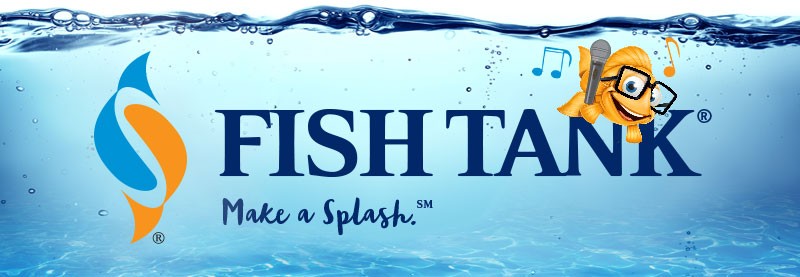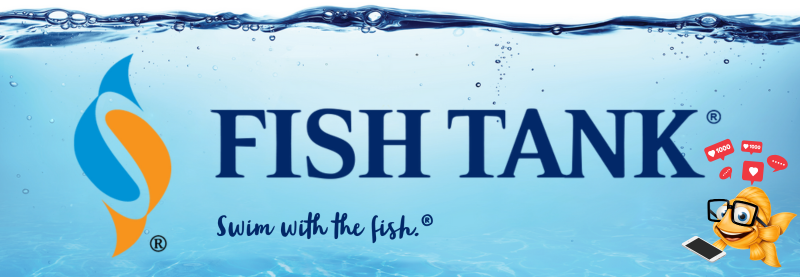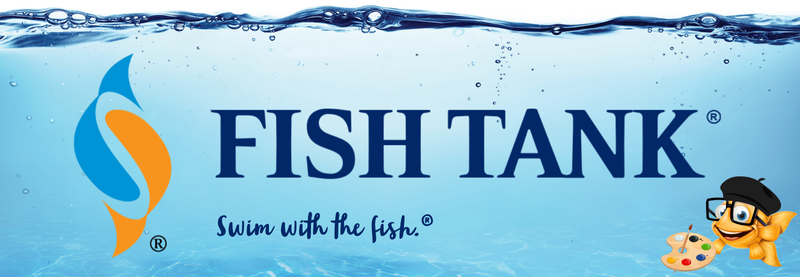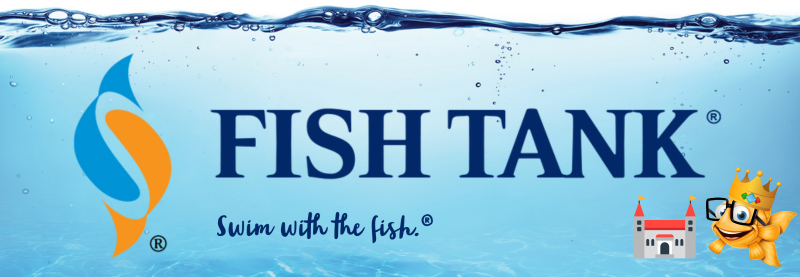Intellectual Property Insights from Fishman Stewart PLLC
Newsletter – Volume 22, Issue 24
Share on Social

MUSICIANS vs. POLITICAL CAMPAIGNS: Who Wins?
By Barbara Mandell
With the 2022 midterms (almost) in the rearview mirror, political junkies are now free to turn their full attention to the 2024 presidential election. Today’s focus is on the tug of war that can occur when candidates play music at campaign events.
Music has been used in political campaigns since George Washington played “God Save Great Washington” as a parody of “God Save the King.” According to the American Society of Composers, Authors and Publishers (“ASCAP”), Franklin Roosevelt used “Happy Days Are Here Again,” Dwight D. Eisenhower used “They Like Ike” and Barack Obama used “Signed, Sealed, Delivered I’m Yours,” written, respectively, by ASCAP members Milton Ager and Jack Yellen, Irving Berlin and Stevie Wonder.
What happens when a musician does not want his or her music to be associated with a particular campaign or a particular candidate? The First Amendment protects, among other things, free speech. That protection is heightened in the context of political speech because government censorship in that realm is antithetical to an informed electorate and, therefore, to democracy. On the other hand, copyright law grants the copyright holder the exclusive right to authorize (and prevent) the public performance of a work (among other rights). When these rights collide, who wins? Several factors come into play in this situation.
One factor is the context in which the music is played. For example, in 2019, Nickelback objected to Donald Trump’s use of a portion of its music video in a campaign-related post on Twitter. Nickelback asserted its copyright and was able to quickly execute a take-down of the post. More recently, Kari Lake landed in hot water with Tom Petty’s estate and fans of Tom Petty’s music, for her use of the song “I Won’t Back Down” to describe her ongoing legal challenges following her unsuccessful bid in Arizona’s 2022 gubernatorial race.
Blocking the use of a song at a campaign rally can be far more difficult. This is because most of the venues where such events are held, like stadiums and arenas, have blanket public performance licenses from songwriters’ associations such as ASCAP and BMI (Broadcast Music, Inc.). So, if a song is included in the license and is played at the venue, the copyright owner has little recourse if he or she wants to stop such use. ASCAP alone manages the rights for almost ten million songs!
Chutzpah, however, may be able to overcome issues that artists face in these cases, like a campaign’s valid public performance license or lack of copyright ownership. For example, Aerosmith front man Steven Tyler has objected numerous times to the use of his songs at Donald Trump’s campaign rallies. In 2018, his attorney sent a cease-and-desist letter to the White House and asserted that, by playing Aerosmith music at Trump rallies, the then-president was violating trademark law by falsely leading people to believe that Tyler endorsed the Trump campaign. The letter said that trademark law was implicated (1) because the band’s name constituted a trademark and (2) the performance would create confusion among attendees as to whether Steven Tyler was a Trump supporter, i.e., a “false endorsement,” and his attorney ordered the campaign to stop playing the music or expect a lawsuit. The letter must have worked because no such lawsuit could be located.
Another option is for the campaign to obtain its own license to play music at events. BMI has in fact granted a “Political Entities License” to Trump’s campaign, allowing it access to the 15 million musical works in BMI’s catalog. The license, however, has a catch: the songwriter or its publisher may object to a campaign’s use of the music and force it to stop. Among others, the Rolling Stones and the now-deceased artist Prince asked that their works be removed from the Trump license.
As the new presidential election season opens, and with these insights, we look forward to identifying the songs campaigns use, which artists object, and how any disputes are resolved.
Barbara Mandell is a partner at the firm. She has over 30 years’ experience in complex litigation. Her practice is focused on litigating, arbitrating and counseling her clients on patent, trademark and licensing matters as well as antitrust law. Check out her bio here.
Published November 23, 2022
Fishman Stewart attorneys continue their run of legal excellence with recognition from DBusiness Top Lawyers for 2023
Fishman Stewart PLLC is pleased to announce that three firm attorneys have again been named to DBusiness magazine’s annual Top Lawyers list for 2023. DBusiness distributed an online peer-review survey to certified lawyers within the metro Detroit area to seek out excellence in the legal field. Inclusion in Top Lawyers is based solely upon one’s peer group standing.
The following attorneys were credited with excellence in the following Top Lawyers categories:
Maxwell Goss: 2023 Top Lawyer in ‘Intellectual Property & Patent Law’ and ‘Litigation – Intellectual Property’
A litigation and trial lawyer, partner Maxwell Goss brings forceful advocacy and creative solutions to intellectual property and business cases in Michigan and around the country. Max represents businesses and innovators in a wide range of industries, including manufacturing, healthcare, medical device, media, hospitality, HR, and automotive.
Douglas P. LaLone: 2023 Top Lawyer in ‘Intellectual Property & Patent Law’
A patent attorney, engineer, and strategic advisor for 31 years, Doug LaLone chairs the firm’s Strategic IP Practice Group, counseling portfolio companies, private equity, and venture capital firms on intellectual property strategies, due diligence, and portfolio management, with a passion for helping companies increase their enterprise value by identifying, securing and leveraging their intellectual capital.
Barbara L. Mandell: 2023 Top Lawyer in ‘Litigation – Intellectual Property’
Partner Barbara Mandell has over 35 years of experience in complex litigation. Her practice is focused on litigating, arbitrating, and counseling her clients on patent, trademark and licensing matters as well as antitrust law.
In addition to DBusiness Top Lawyers accolades, the three were named 2022 Michigan Super Lawyers and 2023 Best Lawyers® earlier this year.
Related Content from Fishman Stewart
In our previous FishTank article “The Great Beige-Off: Influencer Sues for ‘Vibe’ Infringement,” we reported on Sydney Nicole Gifford’s lawsuit against fellow influencer Alyssa Sheil over allegations of copyright infringement involving neutral-toned social media content.
People have long pondered whether or not the Giza pyramids were indeed solely burial chambers, which was the only known, and archaeologically determined, use—until now.
As the story goes, Klein was so taken with the indescribable blue of the sky over the Mediterranean in Nice, France, that he dedicated his artistic talent developing a blue that would imbue the canvas with this color in its purest form.
Despite her pseudo-legal background in Suits, Meghan has been running into one issue after another in her efforts to register the trademark and logo for her new lifestyle company, for now, called “AS EVER”.
By 1930, efforts began in New York to replace Mother's Day with Parent's Day because men were more than just breadwinners. Those efforts didn't catch on, probably because in that era, women often spent more time in the home.
In February, Nike and Skims announced that they will be working together on a new brand, NikeSkims. The co-brand will create a new line of training apparel, footwear, and accessories specifically designed to meet the unique needs of women athletes.
Generally, federal courts have exclusive jurisdiction over copyright cases, and often, this presents an insurmountable paywall for individual artists and small businesses to vindicate their rights, especially where the value of the individual copyrighted works are relatively low.
Dedicated to raising public awareness about the importance of encouraging innovation and creativity throughout the world, the World Intellectual Property Organization (WIPO) annually observes World Intellectual Property Day on April 26 to showcase the role that patents, trademarks, industrial designs, copyrights and trade secrets play in our everyday lives.
Hold onto your foam fingers, sports fans – college sports just got a whole lot more interesting! The latest updates to Name, Image, and Likeness (NIL) rules are making student-athletes bigger than ever, and it’s not just about the game anymore.
Did a federal court in Louisiana recently decide that US copyrights are global rights? It seems so.
IDENTIFYING, SECURING AND ADVANCING CREATIVITY®

















